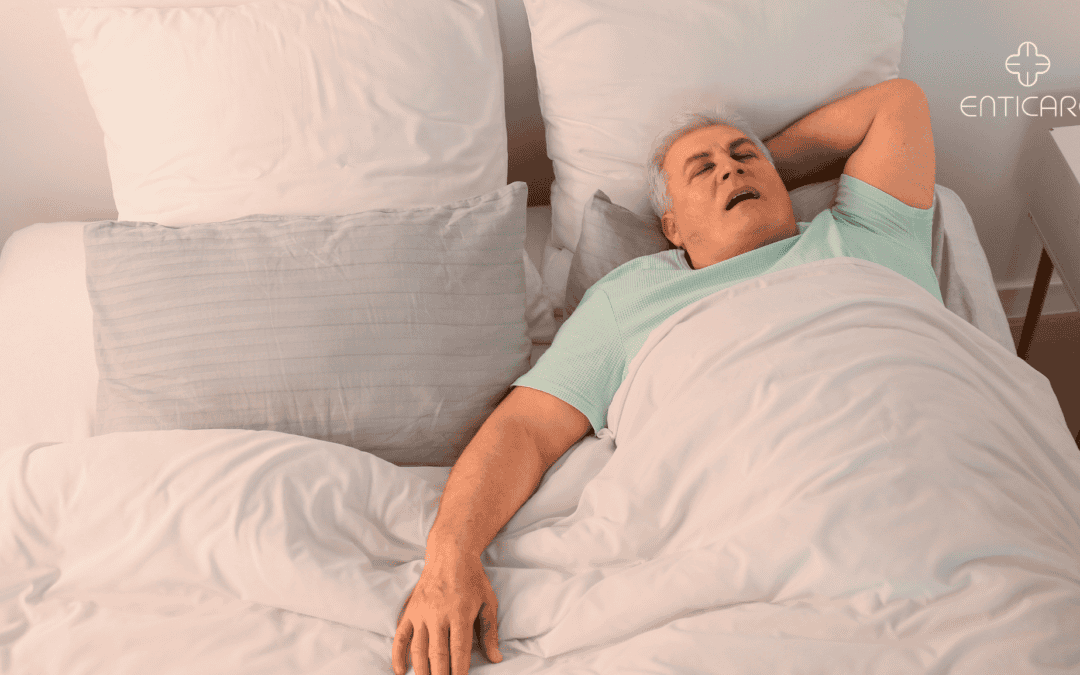Do you wake up feeling exhausted even after a full night’s sleep? Do you experience frequent snoring or gasping for air during sleep? These could be signs of an underlying sleep disorder, and a split-sleep study might be the key to getting a diagnosis and treatment plan.
If you’re tired of feeling tired and suspect a sleep disorder, a split-sleep study could be the answer. This blog delves into what a split-sleep study entails, helping you understand the process and prepare for it effectively.
A split-sleep study is a type of sleep study conducted in a sleep lab. Unlike a traditional sleep study where you’re monitored for an entire night, a split-sleep study condenses two essential tests – polysomnography (PSG) and continuous positive airway pressure (CPAP) titration – into a single night. This streamlined approach offers several benefits:
- Reduced Cost: It requires only one night at the sleep lab, making it potentially less expensive than separate PSG and CPAP titration studies.
- Increased Efficiency: You get both diagnostic and potential treatment evaluation completed in one go.
- Convenience: It eliminates the need to schedule and attend multiple sleep studies.
So, what exactly happens during a split-sleep study? Here’s a breakdown of the process:
- Preparation: You’ll arrive at the sleep lab in the evening, typically after a light dinner. A sleep technician will explain the study procedures and answer any questions you may have.
- Polysomnography (PSG): During the first half of the night, you’ll undergo a PSG. Electrodes will be attached to your scalp, face, chest, and legs to monitor brain activity (EEG), eye movements (EOG), muscle activity (EMG), heart rhythm (ECG), breathing patterns, oxygen levels, and snoring.
- Review and CPAP Introduction (Optional): After a few hours of sleep, the sleep technician will review the PSG data to see if sleep apnea or other sleep disorders are present. If sleep apnea is suspected, they might introduce CPAP therapy in the second half of the study.
- CPAP Titration (Optional): A CPAP machine is a device that delivers continuous positive airway pressure through a mask to keep your airway open during sleep. During CPAP titration, the technician will gradually adjust the air pressure settings to find the most effective level for preventing apneas and hypopneas (shallow breathing episodes) while ensuring comfort.
- Morning: In the morning, the technicians will remove the electrodes and mask. You’ll be free to go home after a brief consultation to discuss the study results (though these might not be available immediately).
Consulting with your doctor is crucial before undergoing a sleep study. They can assess your individual needs, determine if a split-sleep study is right for you, and answer any specific questions you might have. With the information gained from a split-sleep study, you can finally get the restful sleep you deserve and wake up feeling refreshed and energized. And if you have any questions, don’t hesitate to contact Enticare or call us at 480-214-9000, our expert team is here to assist you every step of the way.

